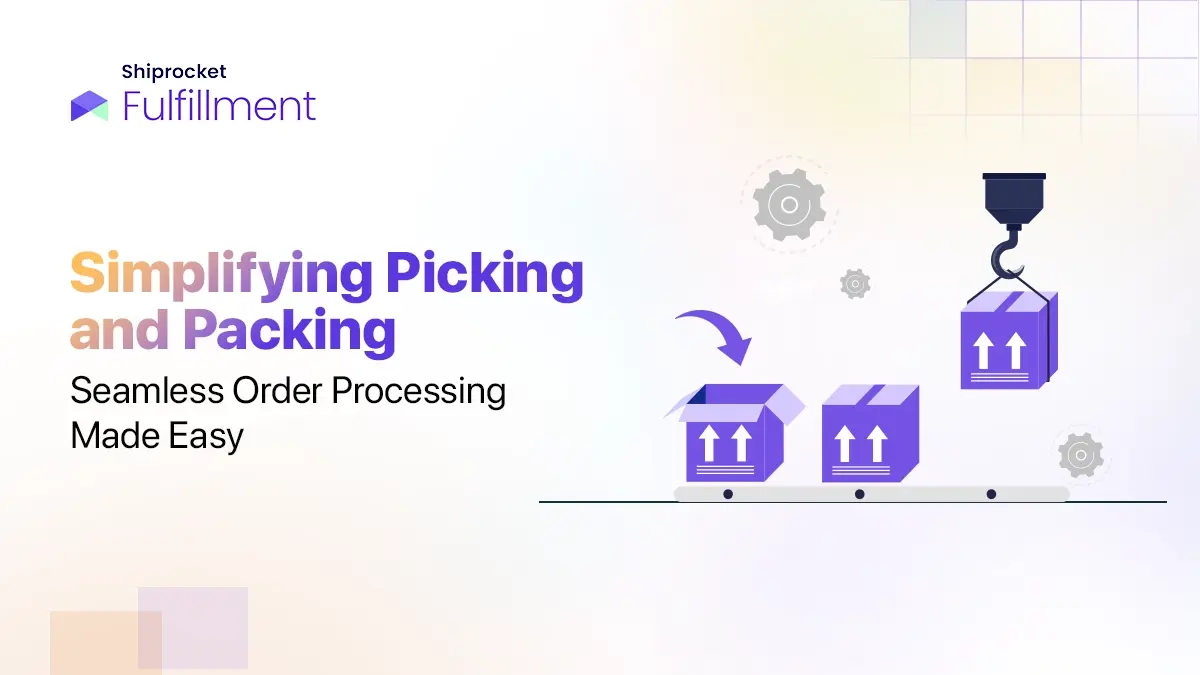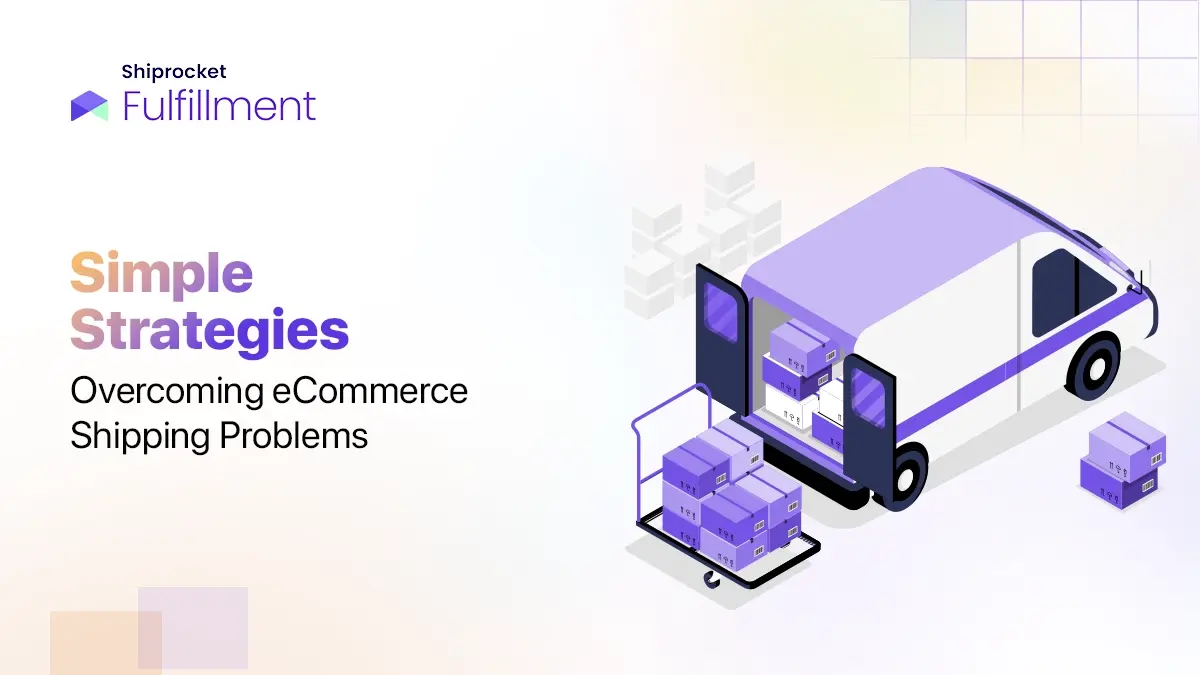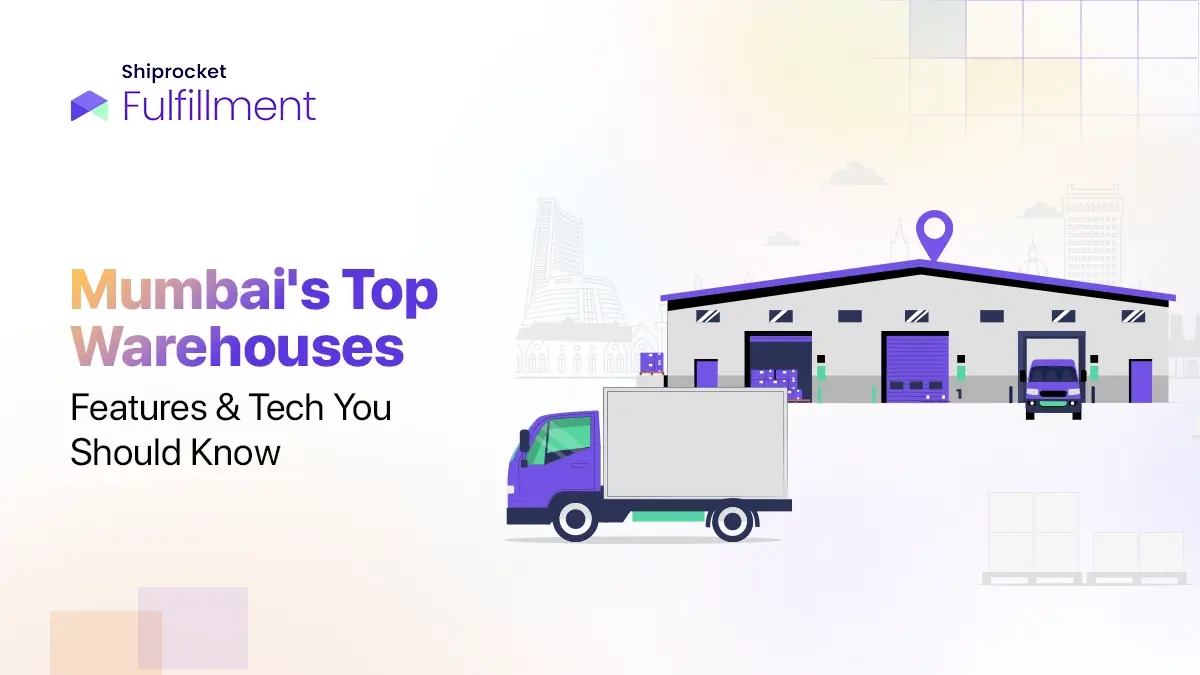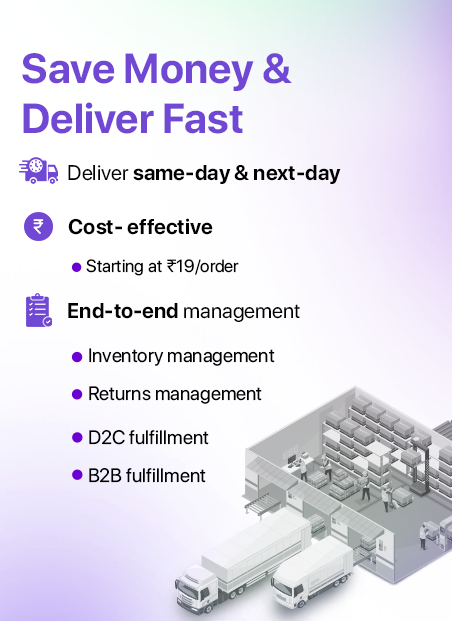Introduction
Are you running an eCommerce business and struggling to keep up with the influx of orders? Do you find it challenging to keep track of your inventory and manage your deliveries on time? If yes, then you need to understand the order fulfillment process.
eCommerce businesses packing and shipping items, delivering orders to the right address, handling returns, refunds, and exchanges, and managing inventory are all part of the order fulfillment process.
Order fulfillment involves receiving, processing, and delivering orders to your customers. It also involves warehousing, picking, packing, shipping, tracking, and customer service. Depending upon the nature and size of your business, you may choose to handle order fulfillment yourself or outsource it to a third-party service provider.
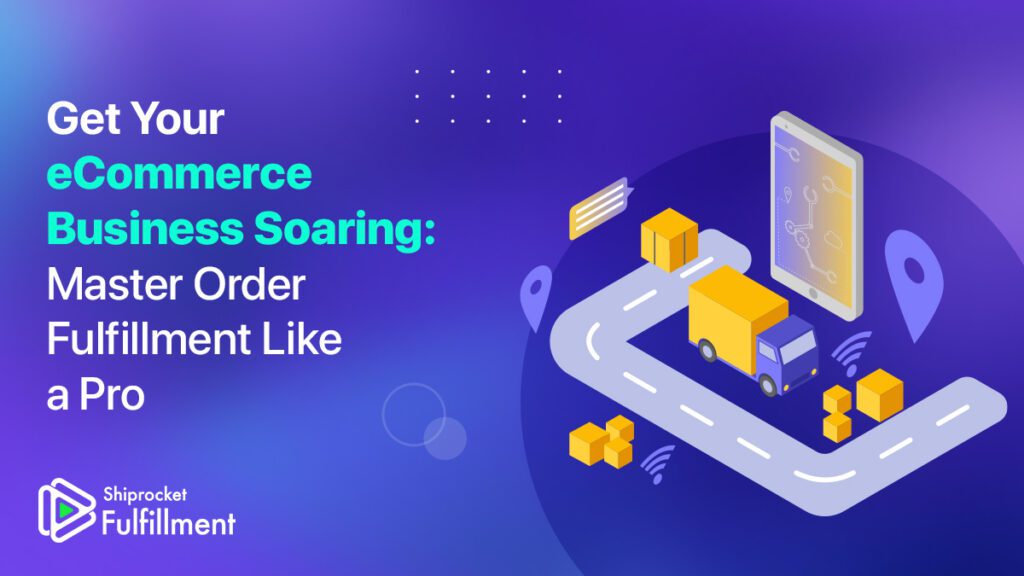
Let’s explore order fulfillment in detail.
Defining Fulfillment
Order fulfillment goes beyond delivering the right products to your customers. It’s a process of building value and trust with your customers. Order fulfillment is a challenging process that involves planning, executing, and monitoring every step, from receiving an order to shipping it to your customer. It requires efficiency, coordination, and accuracy. Order fulfillment, if done right, presents an opportunity to exceed your customer’s expectations by delivering an exceptional shopping experience.
Order fulfillment describes how an eCommerce delivers its products to its customers. It is the essence of any business to succeed in the competitive market. It involves the entire process, from receiving an order to shipping it to the customer. Depending on the type of business and the customer’s preferences, order fulfillment can vary in complexity and duration.
The Order Fulfillment Process: A Comprehensive Overview
Listed below are the primary steps of the order fulfillment process:
- Receiving and storing inventory
Receiving inventory is the first step in the order fulfillment process. Once you have received the inventory, the next step is to store the inventory. This step involves the process of a business receiving the products it will sell to its customers. A business stores the received inventory in its warehouses or storage facility. It’s important for businesses to have an effective system for organising inventory. It helps you easily find items when it’s time to fulfill an order.
- Receiving and processing orders
Once you have received and stored inventory, the next step is receiving and processing customer orders. You can receive orders through various channels, including online stores, social media, phone orders, or in-person sales. Once you receive an order, you must process it quickly and accurately. It involves checking inventory levels, verifying payment information, and preparing the order for shipment.
- Packing orders
Once you have processed the order, it’s time to pack it up for shipping. It involves selecting the ordered items and packaging them securely. It also involves adding necessary labels or documentation to avoid confusion or damage. You must ensure that each order is packed correctly so that the items arrive at their destination in good condition.
- Shipping orders
Once you have packed the order, the next step is to ship the order to the customer. You can ship the order through various shipping solutions like Shiprocket. You must choose a reliable shipping method that offers an order-tracking feature. It enables your customers to keep track of their package’s delivery status.
- Handling returns, refunds, and exchanges
Generally, the last step of the order fulfillment process is shipping the products to your customers. However, in some cases, you might have to deal with returns and exchanges. Therefore, it’s important to have a system in place for handling returns, refunds, and exchanges. Sometimes customers may need to return an item or request a refund or exchange. It’s important to have clear return policies for these situations. It helps you make the process as easy and hassle-free as possible for your customers.
Diverse Models of eCommerce Order Fulfillment
Here are the diverse models of eCommerce order fulfillment:
- Dropshipping
In this order fulfillment model, you don’t have to keep inventory or ship orders yourself. Instead, you partner with a supplier who fulfills the orders for your eCommerce business. When a customer orders on your website, you forward it to the supplier. They then pick, pack, and ship the order directly to your customer. You keep the difference as the profit after paying the supplier a wholesale price for the products.
Dropshipping doesn’t require investing money in inventory, warehousing, and shipping, making it a low-risk and low-cost way to start and run an eCommerce business. However, it also has some drawbacks. These include high competition, low-profit margins, and limited product quality and availability control. It also involves potential issues with returns and customer service.
- In-house order fulfillment
In this order fulfillment model, you must handle all aspects of the order fulfillment process yourself. You buy your inventory in bulk from a manufacturer or wholesaler and store it in your warehouse or other storage facilities. When a customer places an order on your website, you are responsible for picking, packing, and shipping the order to your customer.
You can control your inventory, packaging, shipping, and branding. This order fulfillment model suits businesses that sell unique or customised products or want to offer a superior or personalised customer experience.
However, there are some drawbacks. Managing, storing and shipping orders requires a lot of time, money, and resources.
- Third-party order fulfillment
It is an order fulfillment model where you outsource some or all of your order fulfillment tasks to a third-party logistics (3PL) provider. They specialise in warehousing, picking, packing, shipping orders, and managing returns for eCommerce businesses. You can buy your inventory in bulk and store it at 3PL’s fulfillment centre. When a customer places an order on your website, the 3PL company receives the order, packs and ships it to your customer. After paying the 3PL provider a fee for their services, you keep the rest of the revenue as your profit.
This order fulfillment model offers both flexibility and scalability. It allows your business to leverage the expertise and infrastructure of a 3PL company. You don’t have to deal with the hassle of order fulfillment yourself. It helps you save time and money, access negotiated shipping rates, reduce transit times, and expand your market reach.
However, there are some drawbacks to this model. You have to give up control over your inventory and branding. You have to trust the 3PL provider to fulfill your orders correctly and promptly.
Shiprocket’s Fulfillment Services: Elevating Your Business Operations
Shiprocket is one of the leading fulfillment services for eCommerce businesses in India. Shiprocket offers a comprehensive, tech-enabled, and end-to-end fulfillment solution that covers everything from warehousing to shipment.
With Shiprocket fulfillment, you can:
- Distribute your inventory across 42+ fulfillment centres in India. Plus, you wouldn’t have to invest in warehousing infrastructure.
- Complete same-day or next-day delivery to your customers by choosing a fulfillment center closest to their location.
- Manage your orders, inventory, catalogue, and shipping details on a single platform with 12+ channel integrations.
- Reduce your shipping costs by up to 20% and your RTO losses by up to 60%.
- Fulfill your B2B orders accurately and efficiently from our smart fulfillment centres.
- Expand your reach to 24,000+ pin codes across India with 25+ reliable courier partners.
Getting started with Shiprocket Fulfillment is quick and easy. All you have to do is connect it to your sales channels, send your products, and everything else will be taken care of. Shiprocket stores and manages your inventory in spacious and secure fulfillment centres and picks, packs, and ships your orders within 24 hours.
Conclusion
Order fulfillment is a crucial aspect of eCommerce business operations that can make or break the customer experience you deliver and their loyalty towards your brand. It involves several steps that require careful planning, coordination, and execution. Whether you fulfill orders yourself or outsource them to a third-party service provider, you must ensure that your order fulfillment process is efficient, cost-effective, and reliable.
Frequently Asked Questions(FAQs)
Logistics refers to the overall management of the supply chain. It includes transportation, storage, and distribution. On the other hand, order fulfillment refers to receiving, packing, and shipping orders to customers. Fulfillment is a subset of logistics.
Some common challenges of order fulfillment include managing inventory, promptly processing orders, and timely shipping orders. These challenges are enhanced for small businesses with limited resources
These are all part of the order fulfillment process, from when a customer places an order until you pick, pack, and ship the product to your customer. However, order management involves the management of the entire inventory lifecycle. Order fulfillment primarily focuses on managing customer orders.

